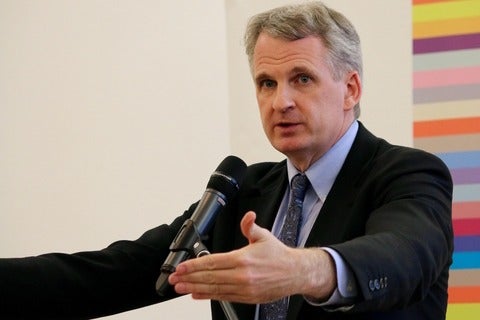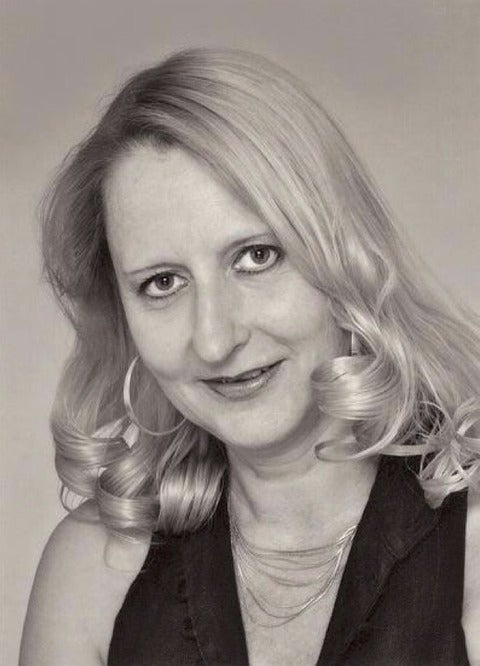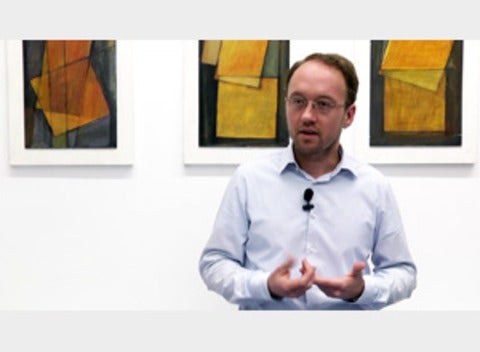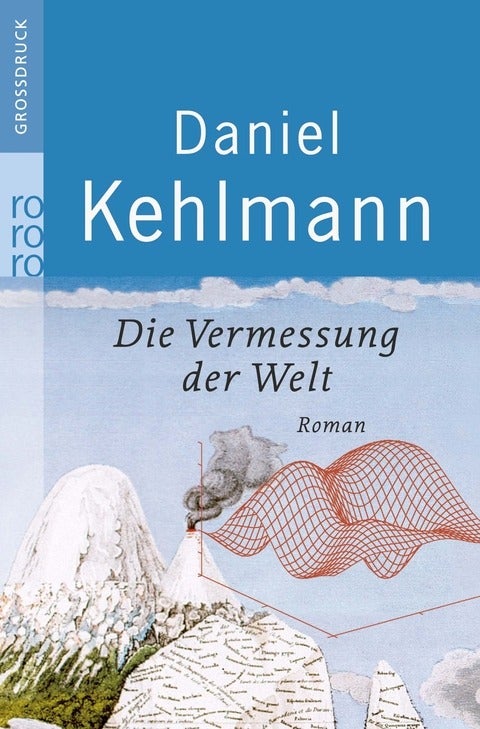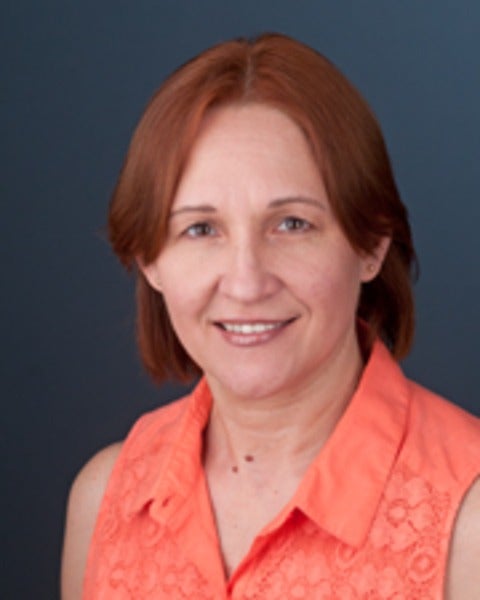12th Germanic & Slavic Studies Conference
Program
8:45 – 9:00 Welcome
Part I: Healthy conversations…
Chair: Elizabeth Milne
9:00 – 9:30 Gesprächsbeendigung in medizinischen Beratungsgesprächen im Radio am Beispiel der Sendung Das Gesundheitsgespräch - Rachel Roudyani
9:30 – 10:00 Indexing priority of position: The response particle eben in German discourse - Emma Betz & Arnulf Deppermann
10:00-10:30 Wenn der Internist zum Psychotherapeuten wird: Eine Einzelfallstudie in Betrachtung der Sprachhandlungen aus der Psychotherapie - Judith Hallwachs
